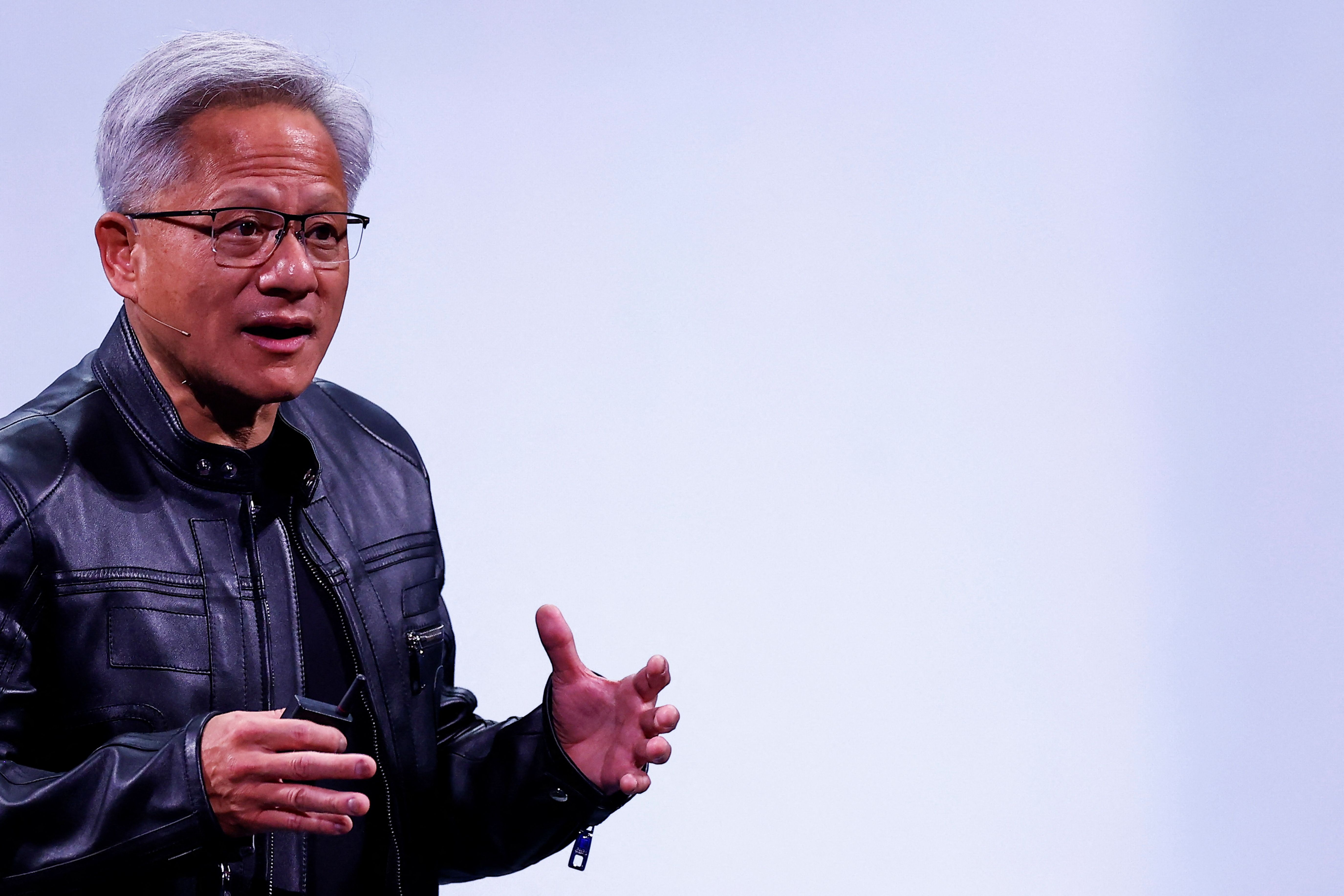Honda shifts focus to hybrids instead of EVs | Car News | Auto123
Honda has announced it is significantly reducing its investments in all-electric tech and vehicles, preferring to focus on the hybrid vehicles that large swathes of consumers are now more clamouring for. As a result, Honda’s sales target for 100-percent electric vehicles has been lowered from 30 to 20 percent by 2030.
Honda is cutting its electrification and software budget by 30 percent, bringing it down to 7 trillion yen (about $48.4 billion CAD). The decision mirrors what we’re seeing from several major automakers that are revising their electric strategies, influenced by a slowdown in global demand for EVs, revised government policies and the growing appeal of hybrids.
Recall that in the United States, Donald Trump has canceled a Biden administration executive order that aimed to mandate EVs for all new sales by 2030. Here in Canada, the federal and some provincial governments have scaled back or mothballed EV incentives programs.
Honda now plans to launch 13 new-generation hybrid models, starting in 2027, in addition to developing a hybrid powertrain for its larger vehicles planned for later in the decade. The company is targeting 2.2 to 2.3 million hybrid vehicle sales in 2030, compared to 868,000 units sold in 2024.
Currently, Honda offers over a dozen hybrid vehicles globally, but only three in the United States and Canada: the Civic and Accord sedans and the CR-V SUV. Though the automaker hasn’t mentioned any names, we can probably expect to see hybrid versions of the Passport and Pilot in the next three-to-five years.
The Honda Prologue, charging | Photo: K.Soltani
Earlier in May, Honda confirmed it is suspending its $15 billion CAD EV plant project in Alliston, Ontario, for two years, citing declining demand for electric vehicles.
Despite that setback, Honda maintains its ambitious goal of selling only zero-emission vehicles by 2040, including battery electric and hydrogen fuel cell vehicles.
Honda is not alone in pulling back. Nissan, also facing difficulties, has abandoned a $1.1 billion USD project for a battery plant in Japan. For its part, Jaguar Land Rover has put its EV production plan on hold at Tata Motors' new plant in southern India.












